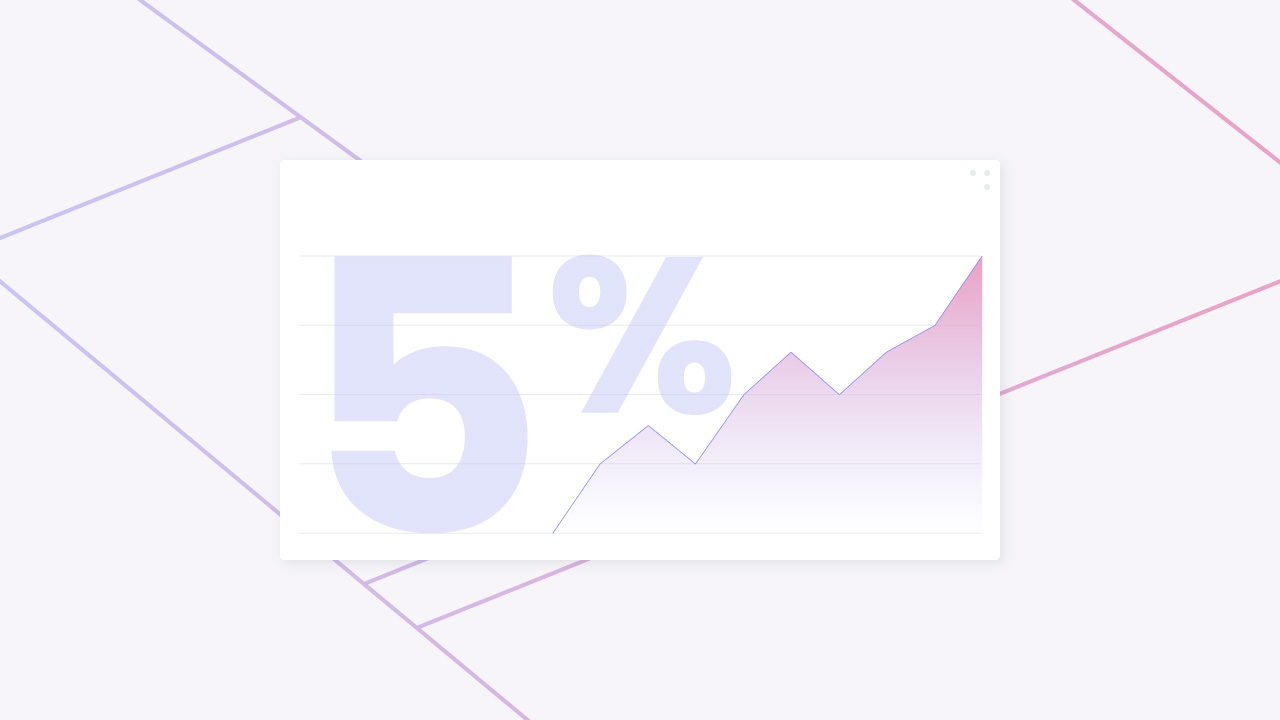Why Psychology Is Just as Important as Strategy in Trading
When most traders think about improving their performance, they focus on technical indicators or market news.
But the truth is, your mind is your most powerful trading tool.
Without emotional control, even the best strategies will eventually break down.
Journaling isn’t just about logging numbers, it’s about managing your psychology.
By reflecting on your mindset, emotions, and patterns, you begin to trade more consciously and deliberately.
That’s where long-term success begins.
The Psychological Edge: How Journaling Builds Better Traders
The best traders aren’t just skilled analysts — they’re self-aware, emotionally resilient, and consistent. Journaling creates a feedback loop between your decisions and your development. Over time, this habit cultivates:
Greater emotional regulation
Clarity under pressure
Long-term confidence
A stronger sense of purpose
The following sections outline 11 powerful psychological benefits of keeping a trading journal — not just for better trades, but for a better mindset.
1. Improved Emotional Control
By tracking thoughts and emotions during trades, traders become more aware of triggers and learn to manage reactions, leading to calmer decision-making.
Pros:
Greater emotional awareness
Reduced panic trading
Cons:
Requires consistent logging to be effective
2. Reduced Impulsive Trading
Journaling enforces a pause between intention and action, helping traders avoid knee-jerk reactions that deviate from their plan.
Pros:
Helps maintain discipline
Reduces losses from rash decisions
Cons:
May be bypassed in high-emotion situations
3. Increased Self-Awareness
Writing down motivations behind trades uncovers patterns of behavior, both good and bad, fostering personal growth.
Pros:
Encourages introspection
Identifies strengths and weaknesses
Cons:
Can be uncomfortable for some to self-analyze
4. Stress Relief & Mental Clarity
Documenting trades and reflections helps externalize stress and mental clutter, clearing space for better analysis.
Pros:
Clears the mind
Reduces burnout risk
Cons:
Journaling may not resolve deeper psychological issues
5. Boosted Confidence Over Time
Seeing progress written down builds a sense of accomplishment, reinforcing discipline and reducing fear in future trades.
Pros:
Builds resilience
Increases motivation
Cons:
False confidence may arise without objective metrics
6. Enhanced Focus and Discipline
Daily journaling instills structure in the trading routine and encourages traders to stick to their strategy.
Pros:
Reinforces routine
Improves trading workflow
Cons:
Can become too rigid if overly structured
7. Faster Recovery After Losses
Reflecting on losing trades reduces emotional sting and helps traders rebound with a plan for improvement.
Pros:
Promotes resilience
Turns loss into learning
Cons:
May not prevent all emotional reactions
8. Objective Evaluation of Mistakes
Reviewing journal entries helps traders detach from emotional responses and analyze mistakes objectively.
Pros:
Encourages learning from failure
Promotes long-term improvement
Cons:
Needs honesty and discipline to work
9. Improved Decision-Making
A documented process leads to more thoughtful and strategic decision-making, backed by evidence from past trades.
Pros:
Increases clarity
Boosts confidence in trade plans
Cons:
Time-consuming to review old entries
10. Long-Term Mindset Development
Regular journaling helps traders zoom out and stay committed to long-term goals, avoiding short-term distractions.
Pros:
Reinforces patience
Strengthens consistency
Cons:
Requires delayed gratification mindset
11. Better Sleep and Reduced Anxiety
Journaling at the end of the day reduces rumination and mental overload, contributing to better rest and lower anxiety.
Pros:
Promotes better mental health
Encourages daily reflection
Cons:
Only works with regular end-of-day practice



